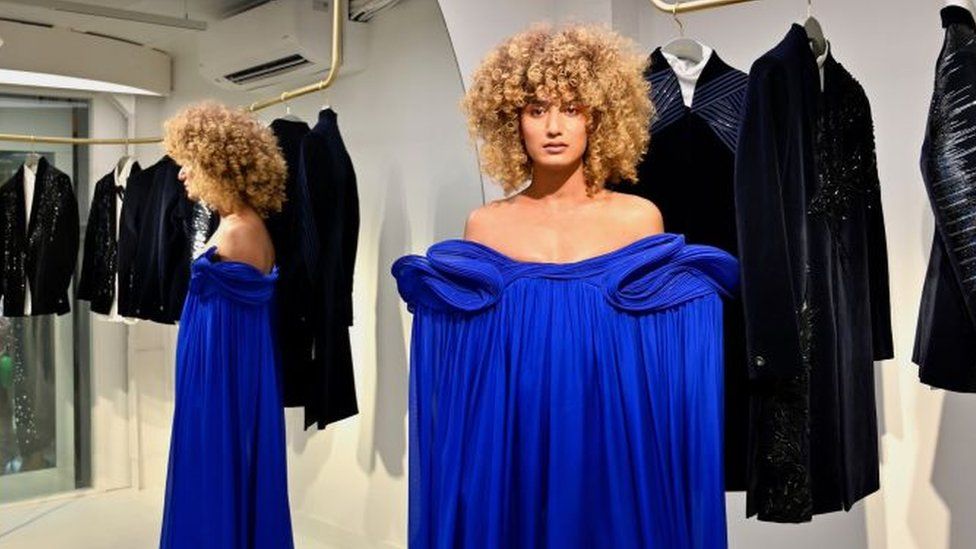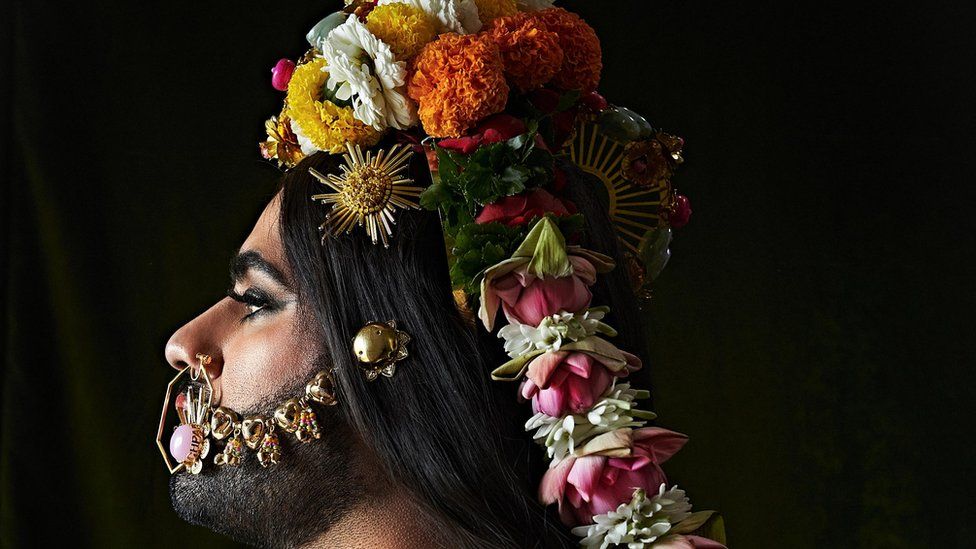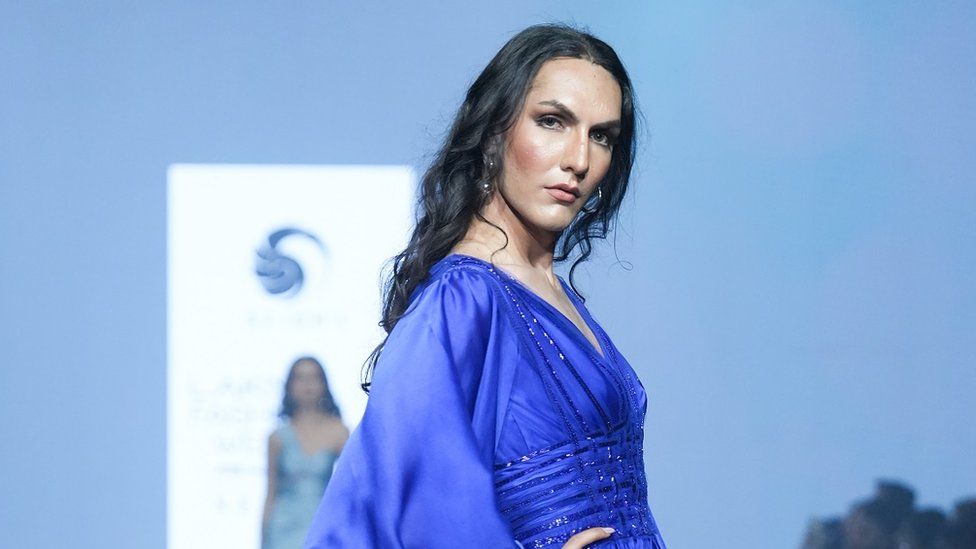
It’s hard to not be accepted for who you are. It’s harder still if the ones not accepting you are your parents.
And that’s why a recent Starbucks ad about parents rekindling ties with their adult daughter – a transgender woman – has touched a chord with many.
In the ad, the couple meet their daughter in a coffee shop after being estranged from her for years and the father shows his acceptance of her decision to transition by addressing her by her chosen name, Arpita, instead of Arpit.
The ad was released earlier this month with the hashtag – It Starts With Your Name – and has since been viewed over a million times on YouTube and has over eight million views on Twitter. Many users praised the brand for its message of inclusivity, and for featuring a transgender model in the lead role.
“A parent’s love and acceptance to their trans kid is truly everything,” wrote one user, while another said that it was “about time to move past transphobia”.
But the ad was also criticised by some users who accused the brand of tokenism and claimed it was “against Indian culture”.

This isn’t the first ad to spark a conversation around the transgender community in India.
In 2021, an ad by Indian jewellery house Bhima won hearts for telling the story of transition of a trans woman. It featured transgender model, Meera, who had told the BBC that doing the ad “helped me become more comfortable with myself”.
India has an estimated two million transgender people. Despite a Supreme Court ruling that they have equal rights as other genders, many continue to suffer abuse and stigma. Several transgender people are alienated by their families and have to resort to begging, prostitution or performing at events to earn a living.
However, people from the community say that things are slowly changing for the better, at least in certain spaces, and that they and their stories are finding some amount of representation in mainstream culture – whether it be in ads, movies or fashion shows.
The recently concluded Lakme Fashion Week – one of India’s biggest and most respectable fashion events – had two transgender women and a non-binary person in its pool of models for the first time, and they walked the ramp for some of India’s top designers. The event also presented a collection by Saisha Shinde – as established designer who came out as a transgender woman in 2021.
Mainstream fashion magazines are profiling trans models; a few top designers are dressing them for events and roping them in for their campaign launches and store openings.

Mumbai-based Rayyan Monkey, 32, a transgender woman who writes on fashion and queer events, says that it is inspiring to see transgender people getting these opportunities.
“Seeing someone from the community in a Starbucks commercial or on the cover of a fashion magazine means a lot. These are traditionally upmarket, elitist spaces so being represented here signals a shift in the way transgender people are portrayed and the spaces they’re allowed to occupy,” she says.
Durga, an artist and activist who has modelled for several top fashion brands says that they (Durga uses the pronouns them/they) are receiving far more opportunities in the fashion space today than they did just a few years ago.
“Globally, there is a shift towards creating more inclusive spaces and brands have to keep up with this mindset if they want to stay relevant,” they say.
But they also agree that often it’s the privileged few from within the transgender community who get access to these opportunities.

Designer Saisha Shinde points out that brands often indulge in tokenism by increasing trans visibility only during pride month, and forget about the community the rest of the year.
“The fact that a trans model walking the ramp is considered ‘ground-breaking’ is the problem. Talent should have no gender. Fashion labels and brands shouldn’t use trans models to highlight the ‘queerness of their brands’, but include them in regular campaigns and make them part of the normal,” she says.
But some designers say that this is difficult to do because of a lack of awareness and support from the audience. Only a few in the fashion world are willing to risk losing clients and so there is no real change at the industry level.
Shubhika Sharma, founder of fashion label Papa Don’t Preach – whose outfits have been worn by global stars like Alia Bhatt and Paris Hilton – recently launched a jewellery collection in collaboration with activist and poet, Alok Vaid-Menon, to spotlight their (Alok Menon uses the pronouns they/them) message of inclusivity and acceptance.
Sharma says that every time the brand posts about the collection on social media or spotlights a trans model in one of its creations, it loses thousands of followers.
“The luxury fashion market is tough at the moment; designers have to think about paying bills and their kaarigars (artisans). So though the onus has historically been on creatives and artists to push the society to think more openly, it’s a tough time to do that consistently,” she says.
But observers say that when it comes to shifting societal values and attitudes, even the the tiniest bit of representation is welcome – even if it’s just a token gesture.
“At least there is representation (of the trans community) on record to hate, which is better than no representation at all,” says author and columnist Santosh Desai. “It is through this process of representation, denial and anger that we gradually come to terms with something new, and grow comfortable with it.”
BBC News India is now on YouTube. Click here to subscribe and watch our documentaries, explainers and features.

Read more India stories from the BBC:
- To kiss or not – the taboo around public affection in India
- The officer accused of asking for bribe from Shah Rukh Khan
- The remarkable reinvention of cricket icon Dhoni at 41
- Pakistan is on the edge. Should India be worried?
- The life of India’s gangster-politician killed on live TV
- The ‘dancing on the grave’ murder that shook India


